The Divide (2011)
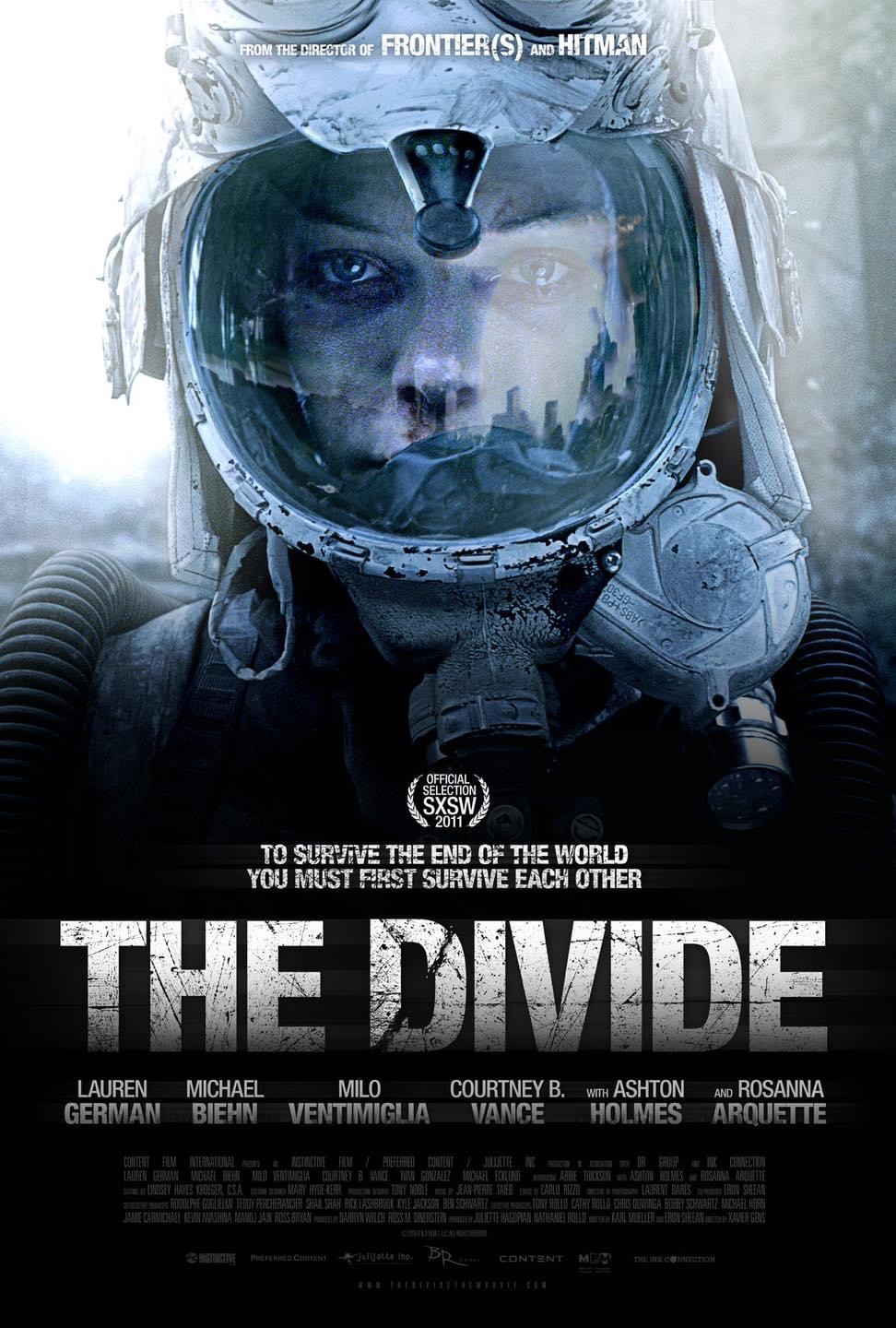
The Divide (2011), directed by Xavier Gens, is a grim, post-apocalyptic thriller that takes viewers deep into the psychological and physical horrors of survival. The film begins with a harrowing sequence where a group of tenants from a New York City apartment building rush to the basement to escape a nuclear explosion. They find refuge in a fallout shelter, led by the building’s gruff superintendent, Mickey (played by Michael Biehn). This claustrophobic setup becomes the backdrop for a tense and disturbing descent into chaos.
The film primarily explores how human nature reacts under extreme duress. With resources dwindling and no hope of rescue, the survivors—played by a cast including Lauren German, Milo Ventimiglia, Rosanna Arquette, and Michael Eklund—slowly unravel. Initial cooperation gives way to suspicion, power struggles, and violence. As the shelter becomes a psychological pressure cooker, the characters’ worst instincts emerge, turning against one another in increasingly savage ways.
Suggested videos for you:
Themes and Atmosphere
The Divide doesn’t shy away from showcasing the darkest aspects of human nature. One of the movie’s most significant themes is the breakdown of social order. What begins as a semi-functional group quickly deteriorates into a terrifying, primal battle for dominance. Mickey’s attempts to maintain control initially seem firm, but his leadership erodes as other stronger and more aggressive personalities, like Josh (Ventimiglia) and Bobby (Eklund), start to assert themselves.
Visually, the film is steeped in bleakness. The setting—a grimy, underground bunker—is oppressive and claustrophobic, creating an atmosphere of suffocation. Gens uses this small space to amplify the tension between characters, making their paranoia and desperation all the more palpable. The limited use of exterior shots reinforces the sense of entrapment, both physically and mentally, as the world outside becomes less important than the collapsing micro-society inside.
The film also leans into body horror, with shocking displays of degradation, violence, and sexual abuse. The characters’ physical states mirror their mental and emotional declines, becoming more ragged and animalistic as the film progresses. The raw, often grotesque depiction of human suffering may be too much for some viewers, pushing the boundaries of what’s tolerable in mainstream thrillers.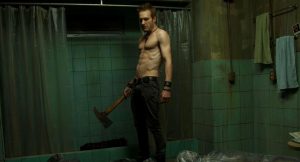
Performances
The performances are a mixed bag, though some actors do manage to stand out. Michael Biehn’s portrayal of Mickey as a cynical, tough leader works well in grounding the film’s early moments. He serves as a moral compass of sorts, though his character is not without flaws. Milo Ventimiglia’s role as Josh is particularly disturbing; he morphs from a relatively normal guy into an unhinged sadist, a transformation that the actor commits to with chilling intensity. Rosanna Arquette also delivers a heartbreaking performance as Marilyn, a mother slowly losing her grip on sanity, both because of her personal trauma and the disintegrating group dynamic around her.
On the other hand, some of the characters lack depth, appearing more as archetypes than fully fleshed-out people. This may be an intentional choice, emphasizing how quickly humanity can devolve when stripped of its moral and societal structures, but it also limits the emotional connection the audience can form with certain characters.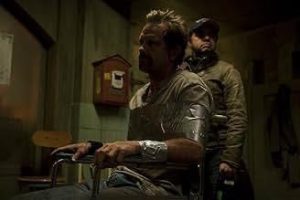
Direction and Pacing
Xavier Gens, known for his work on Frontier(s) and Hitman, brings a brutal vision to The Divide. His direction is unflinching, emphasizing the grim, oppressive nature of the setting and the characters’ actions. While this helps build tension, it can sometimes feel overly sadistic. There’s an almost nihilistic streak that runs through the film, where moments of hope are fleeting and overwhelmed by the constant descent into cruelty.
However, one of the film’s significant issues is its pacing. After a strong opening act, where the group dynamics are established and the tension builds, the middle portion of the movie drags. The film becomes a repetitive series of escalating conflicts and atrocities, which, while shocking, can begin to feel numbing after a while. This sluggishness detracts from the impact of the third act, which, although chaotic and visceral, lacks the emotional punch it should have due to the viewer’s earlier desensitization.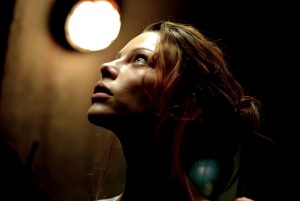
Criticisms and Audience Reception
The reception of The Divide has been divisive, with some praising its unflinching portrayal of human depravity and others criticizing it for being too nihilistic and disturbing. Many critics have pointed out the film’s bleakness as both a strength and a weakness. While it’s effective in creating an atmosphere of despair and tension, it can also feel gratuitous, with little in the way of redemption or deeper moral insight to balance the cruelty on display.
Moreover, the film’s ending is ambiguous and unsatisfying for some, leaving many questions unanswered. This ambiguity might be a reflection of the chaos and uncertainty the characters face, but for audiences looking for closure, it can feel frustrating.
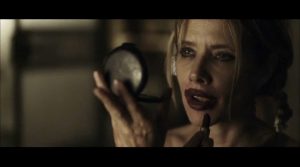
Final Thoughts
The Divide is a brutal, gut-wrenching film that will not be for everyone. It’s a dark, unforgiving look at what happens when civilization collapses and survival becomes a matter of dominance and brutality. The film’s strong performances, particularly from Ventimiglia, Arquette, and Biehn, help anchor its more extreme moments, but it’s not enough to save the movie from its overly grim tone and pacing issues. Fans of post-apocalyptic horror and psychological thrillers may find something to appreciate in the movie’s bleak vision, but casual viewers might find it too disturbing and nihilistic to enjoy.
In short, The Divide is a hard watch—relentlessly bleak, with a dark view of human nature. While it has its moments of intense drama and horror, its overall nihilism may leave many feeling emotionally drained rather than thrilled.










